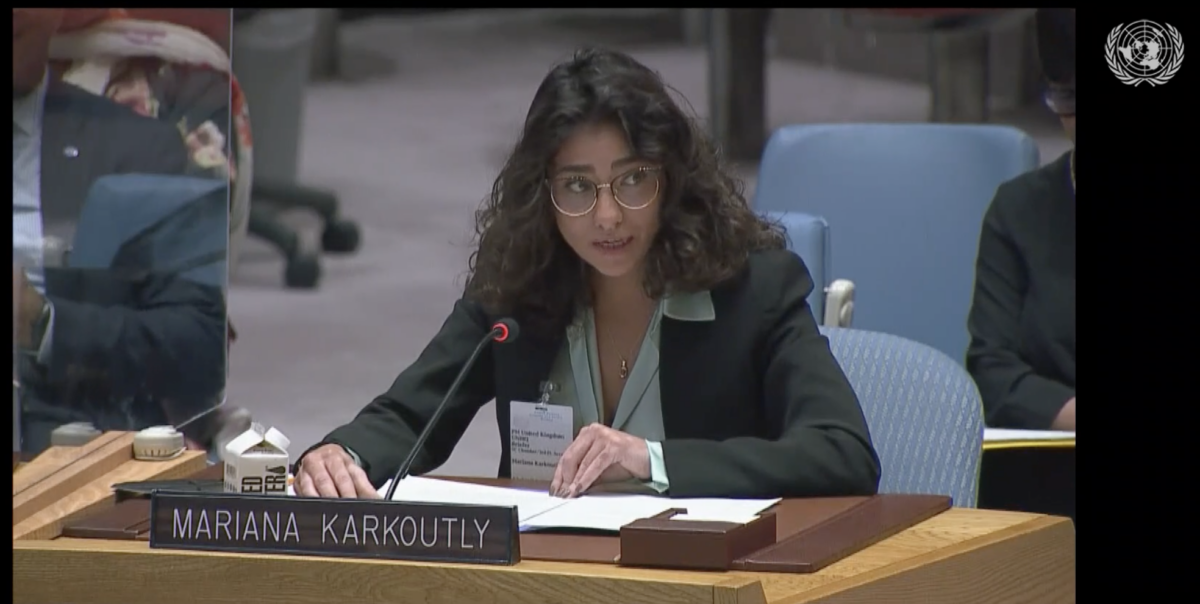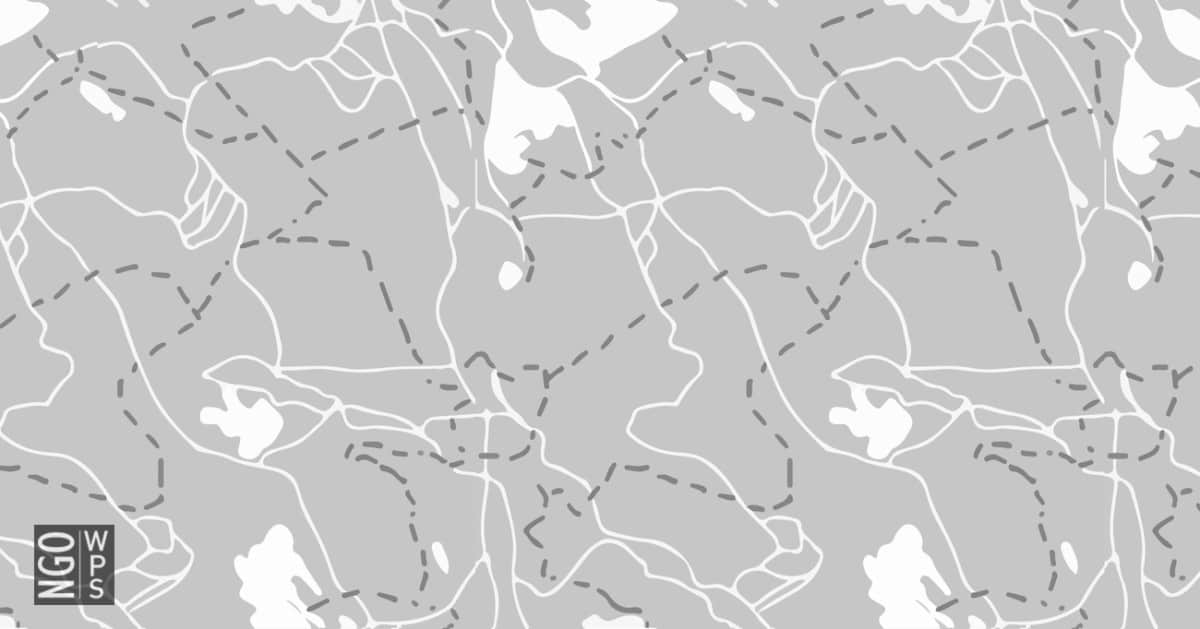Syria & Golan Heights
Syria & Golan Heights
Since 2011, Syria has been on the United Nations Security Council’s agenda, when President Assad’s aggressive actions against pro-democracy protesters during the Arab Spring became more frequent and increasingly violent, leading to civil war and terrorist violence within the country.
Insecurity is the primary concern for women, yet in spite of their limited operating environment, women activists have organized nonviolent protests, distributed and monitored humanitarian aid, documented human rights violations, created safe spaces for women and children, and worked at the local level to set up ceasefires, prisoner releases, and elections.
Based on the work of NGOWG members and their partners, the NGOWG advocates for ensuring women’s needs— such as secure access to sanitation facilities and hygiene, and health assistance— are adequately addressed, and that Syrian women are equally and meaningfully participating in the UN-facilitated political process and in the design and implementation of ceasefire monitoring mechanisms.
Golan Heights
Golan Heights, a disputed plateau in south-western Syria, is home to an equal number of Syrians and Jewish settlers, and since 1973, United Nations Disengagement Observer Force (UNDOF) peacekeepers have observed a contested territorial line between Israel and Golan Heights.
In the current Syrian conflict, Golan Heights has become a key strategic geopolitical position, causing an escalation in violence and increased violations of the ceasefire territorial agreements. Recent advances and attacks by the Islamic State of Iraq and the Levant (ISIL) have concerned residents of Golan Heights— particularly given ISIL’s systematic denial of women’s rights and perpetuation of violations against women.
Based on the work of NGOWG members and their partners, the NGOWG advocates for addressing the increasing gender imbalance in UNDOF by deploying a higher percentage of women, and inclusion of gender-specific language in the UNDOF mandate.
Current and Past Recommendations to the UN Security Council (Monthly Action Points)
The Council is expected to consider the situation in Syria, with a particular focus on the current humanitarian situation. In many cases, parties to the conflict are preventing necessary humanitarian services and hindering overall progress on resolving the situation. In the context of reporting and documenting human rights violations, in accordance with SCR 2139 (2014) and SCR 2165 (2014), the Council should ensure there is information provided on and prioritize the following actions:
- Implement SCR 2122 (2013) to ensure women’s participation in all peace-building efforts, assign capable gender advisers to the UN Special Envoy and negotiating teams, and include formal consultative processes in any future rounds of negotiations with women’s civil society organizations, including those working to counter violent extremism.
- Provide gender-sensitive reporting on the impact of the conflict on women, men, girls, boys and marginalized groups, such as women and adolescent girls heads of households, women with disabilities, and caregivers of persons with disabilities.
- Continue ongoing consultations by OCHA with local and international civil society organizations to devise localized relief efforts as part of the Syria Response Plan, and increase support to women’s civil society leaders, through financial assistance, technical support and training on working under extreme conditions, restricted by limited access to funding in a shrinking operational space.
- Refer gross violations of human rights and fundamental freedoms committed against civilians to the International Criminal Court, or other mechanisms, to promote truth and reconciliation, social recovery and reintegration of refugees.
- Investigate the sexual exploitation women and girls refugees by aid workers in exchange for goods and services.
The Council is expected to consider the situation in Syria, with a particular focus on the current humanitarian situation. In many cases, parties to the conflict are preventing necessary humanitarian services and hindering overall progress on resolving the situation. In the context of reporting and documenting human rights violations, in accordance with SCR 2139 (2014) and SCR 2165 (2014), the Council should ensure there is information provided on and prioritize the following actions:
- Implement SCR 2122 (2013) to ensure women’s participation in all peace-building efforts, assign capable gender advisers to the UN Special Envoy and negotiating teams, and include formal consultative processes in any future rounds of negotiations with women’s civil society organizations, including those working to counter violent extremism.
- Provide gender-sensitive reporting on the impact of the conflict on women, men, girls, boys and marginalized groups, such as women and adolescent girls heads of households, women with disabilities, and caregivers of persons with disabilities.
- Continue ongoing consultations by OCHA with local and international civil society organizations to devise localized relief efforts as part of the Syria Response Plan, and increase support to women’s civil society leaders, through financial assistance, technical support and training on working under extreme conditions, restricted by limited access to funding in a shrinking operational space.
- Refer gross violations of human rights and fundamental freedoms committed against civilians to the International Criminal Court, or other mechanisms, to promote truth and reconciliation, social recovery and reintegration of refugees.
- Investigate the sexual exploitation women and girls refugees by aid workers in exchange for goods and services.
Relevant Resources









